They creep into our classrooms . . . Timothy Shanahan, Lucy Calkins, Richard Allington, Fountas and Pinnell. They provide guidance, inspiration, tools, insights, research. They offer their expertise so that we can inspire and instruct our student while armed with the very best research-based practices. But they don’t always agree with each other. They don’t always like what we’re doing. They don’t know our kids.
It’s on us. We need to remember that we are the professionals in our rooms. As professionals, we weave the connections between our students and the sometimes-contradictory information we get from leaders in our field. It’s our job to blend the research with our own experiences and our hearts and minds in a way that will make it real and powerful and meaningful for students. It can feel overwhelming.
How do we respond when we so carefully craft targeted guiding reading groups that meet the needs of all the learners in our classroom, and then Tim tells us, “Research shows that matching kids to books does not guarantee big learning gains.”[i]
And what do we do when we set up beautiful classroom libraries with carefully leveled books and then Fountas and Pinnell tell us that levels are only for teachers, not for kids. [ii]
Here’s what we can do….
First, we read with an open mind. We aren’t fearful of change. We aren’t protective of the way things have been. We don’t assume that our own knowledge has no value. We are open and confident and willing to challenge our own assumptions.
Then, we value the work that we’ve done and recognize that we, and the researchers, are continually engaged in a deep learning process. We ask lots of questions about the new research and about our own practices.
Finally, we reflect.
And in the end, we are careful not to throw away our tools, techniques, and understandings that have worked; but instead, we see our work as always in progress. We use the latest research to see ourselves and our work more clearly. We are open to current research, even when it seems to contradict what we know and do. We cautiously revise, tweak, adjust, and experiment so that we are continuously moving towards deeper learning for our students and greater expertise for ourselves. We value what we bring to our practice and recognize that the expert advice is a powerful source of information that bears consideration, even when it challenges us. But our personal research, our growing expertise, and our experiences are also valuable sources of information. The true professional teacher pulls from all of these sources to continuously grow in her practice. Ours is a growing field. We will never finish learning.
So what can this look like? Don’t make the mistake of tossing out everything you know based on a new nugget of powerful research. Otherwise, you’ll find yourself in 10 years rolling your eyes and complaining about the pendulum swinging again. The truth is, each time that pendulum swings, it changes. We see that when we look closely. It’s not actually the same old reading groups. It’s not truly the same research project that we taught 30 years ago. It may sound like it; but look deeper. Listen carefully. Consider, instead of rejecting new research, making small adjustments that will help you continue to grow instead of starting all over.
So when we learn that our singular focus on instructional level text might prevent students from learning how to engage with challenging text, try adding challenging material to your guided reading groups on occasion. In this instructional context, you’ll have the opportunity to give students the support they need. Don’t stop doing guided reading.
And when we learn that giving kids time to read doesn’t necessarily propel students into deep learning, try embedding some rigorous instruction into your independent reading program during mini lessons, conferring, or small groups. Don’t toss out independent reading.
Look past the alarming headlines and dig deep enough to make truly informed, reflective decisions about your craft. Partner with a trusted colleague to discuss the new learning and experiment together.
Good luck to you. Wishing you and your students a year of discovery.
______________
[i] The Problem with Guided Reading, Shanahan on Literacy
[ii] Fountas and Pinnell, “Guided Reading: The Romance and the Reality,” 2012.

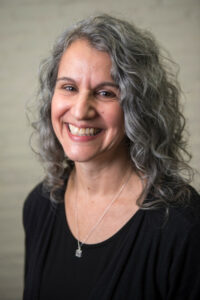
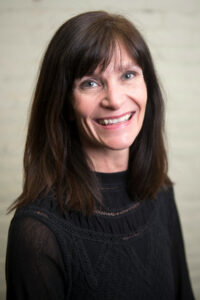
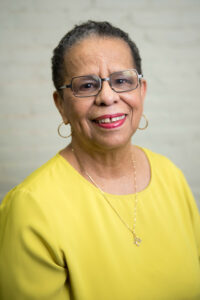
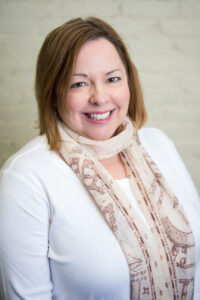
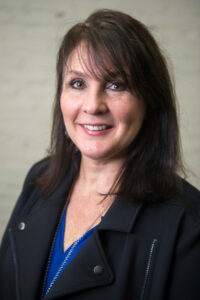
Leave a Reply